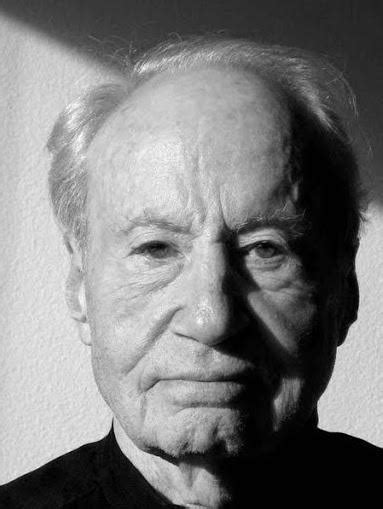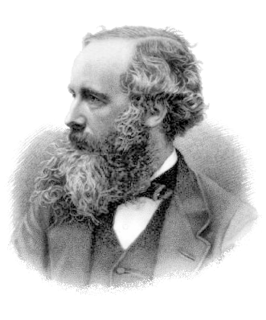A Quote by Murray Gell-Mann
Perhaps we see equations as simple because they are easily expressed in terms of mathematical notation already invented at an earlier stage of development of the science, and thus what appears to us as elegance of description really reflects the interconnectedness of Nature's laws at different levels.
Related Quotes
Like music or art, mathematical equations can have a natural progression and logic that can evoke rare passions in a scientist. Although the lay public considers mathematical equations to be rather opaque, to a scientist an equation is very much like a movement in a larger symphony. Simplicity. Elegance. These are the qualities that have inspired some of the greatest artists to create their masterpieces, and they are precisely the same qualities that motivate scientists to search for the laws of nature. LIke a work of art or a haunting poem, equations have a beauty and rhythm all their own.
Nature seems to take advantage of the simple mathematical representations of the symmetry laws. When one pauses to consider the elegance and the beautiful perfection of the mathematical reasoning involved and contrast it with the complex and far-reaching physical consequences, a deep sense of respect for the power of the symmetry laws never fails to develop.
The assumption that the laws of nature are eternal is a vestige of the Christian belief system that informed the early postulates of modern science in the seventeenth century. Perhaps the laws of nature have actually evolved along with nature itself, and perhaps they are still evolving. Or perhaps they are not laws at all, but more like habits.
Mathematics is much more than a language for dealing with the physical world. It is a source of models and abstractions which will enable us to obtain amazing new insights into the way in which nature operates. Indeed, the beauty and elegance of the physical laws themselves are only apparent when expressed in the appropriate mathematical framework.
Besides, all evil is relative. Something that is evil at one level of evolution can be good at an earlier stage because it provides the essential stimulus for development. But you want to judge everything by your own standards. You have reached a comparatively high level and so you see what you fight against as evil. Just think of the others, those who are at an earlier stage of development. Do not bar them from the path toward progress and evolution.
Although mathematical notation undoubtedly possesses parsing rules, they are rather loose, sometimes contradictory, and seldom clearly stated. [...] The proliferation of programming languages shows no more uniformity than mathematics. Nevertheless, programming languages do bring a different perspective. [...] Because of their application to a broad range of topics, their strict grammar, and their strict interpretation, programming languages can provide new insights into mathematical notation.
To do any important work in physics a very good mathematical ability and aptitude are required. Some work in applications can be done without this, but it will not be very inspired. If you must satisfy your "personal curiosity concerning the mysteries of nature" what will happen if these mysteries turn out to be laws expressed in mathematical terms (as they do turn out to be)? You cannot understand the physical world in any deep or satisfying way without using mathematical reasoning with facility.
Perhaps randomness is not merely an adequate description for complex causes that we cannot specify. Perhaps the world really works this way, and many events are uncaused in any conventional sense of the word. Perhaps our gut feeling that it cannot be so reflects only our hopes and prejudices, our desperate striving to make sense of a complex and confusing world, and not the ways of nature.
It is important to notice that these badly functioning designs were praised for 'elegance.' But elegance as theoretical scientists apply it is quite different. The elegance of a mathematical formula is that it explains a phenomenon beautifully, with no parts left over. In design, elegance is more readily perceived as a property of product than of process. If we had more elegant theories, we might look to design for more than elegance.
I was appalled to find that the mathematical notation on which I had been raised failed to fill the needs of the courses I was assigned, and I began work on extensions to notation that might serve. In particular, I adopted the matrix algebra used in my thesis work, the systematic use of matrices and higher-dimensional arrays (almost) learned in a course in Tensor Analysis rashly taken in my third year at Queen's, and (eventually) the notion of Operators in the sense introduced by Heaviside in his treatment of Maxwell's equations.
Any schemes - such as 'think of symmetry laws', or 'put the information in mathematical form', or 'guess equations'- are known to everybody now, and they are all tried all the time. When you are stuck, the answer cannot be one of these, because you will have tried these right away...The next scheme, the new discovery, is going to be made in a completely different way.

































